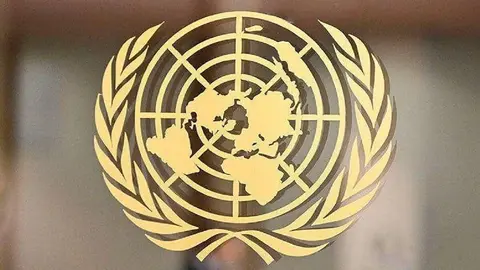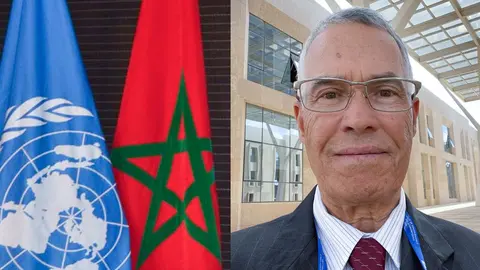Morocco to chair the Human Rights Council Advisory Committee
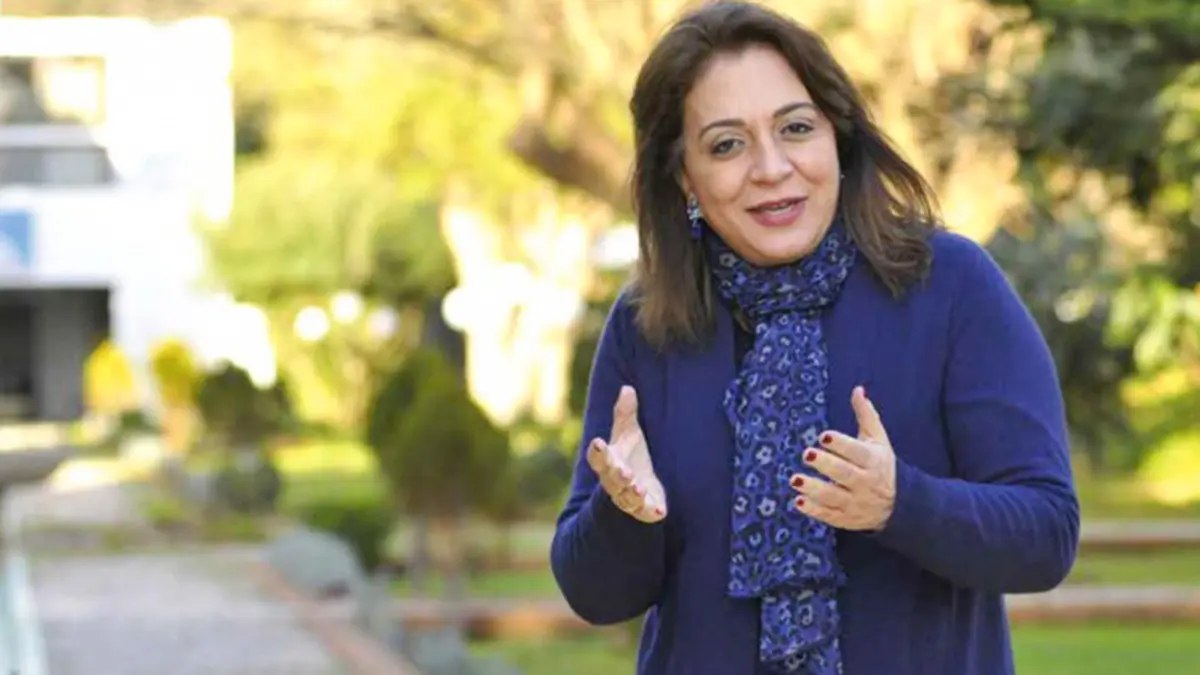
Morocco continues to increase its presence in international organisations. The Alaouite country has seen its candidate for the Presidency of the Human Rights Council Advisory Committee (HRCA) finally elected, a recognition that reinforces the role it is acquiring in global diplomacy and that endorses the years of cooperation in the field of human rights.
During the opening session of the 33rd session of the Advisory Committee, the positions of chair and other members of the bureau were elected. Their respective terms of office will last until 30 September of the year corresponding to each one, depending on the work entrusted to them, as established in Article 99 of the Rules of Procedure of the General Assembly. In the case of the new Chair of the Committee, Nadia Amal Bernoussi, her term of office will last until 30 September 2026.
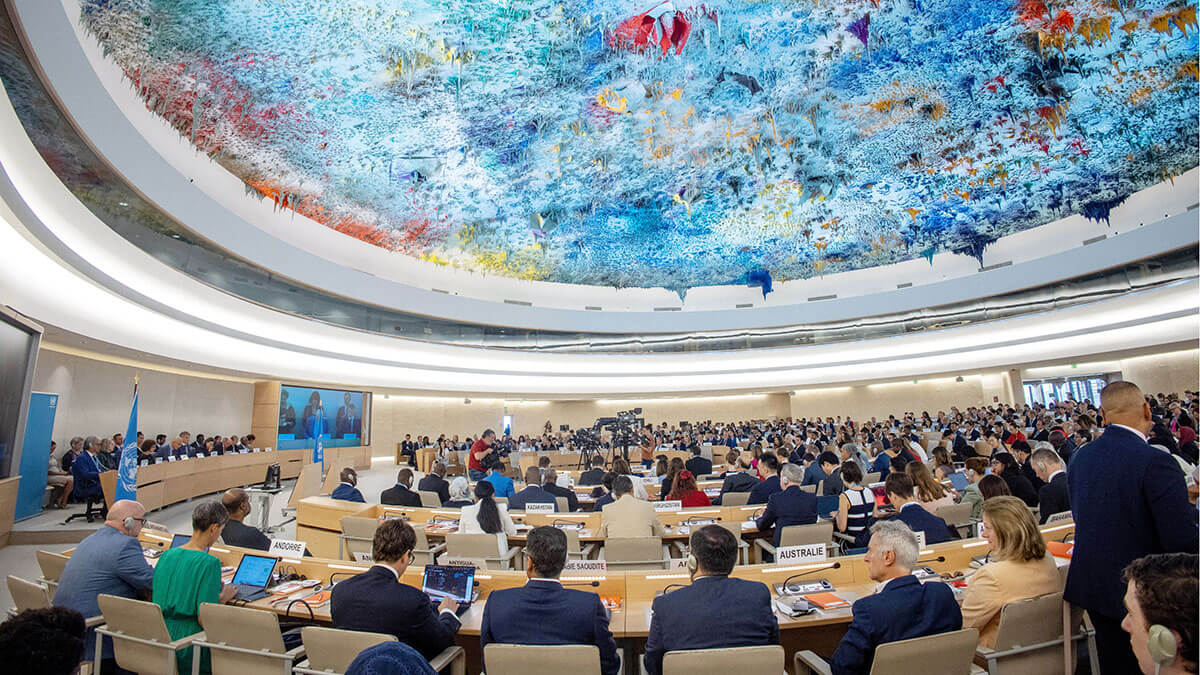
Biography
Nadia Amal Bernoussi holds a degree and a Diploma of Advanced Studies (DES) in Political Science from the Faculty of Legal, Economic and Social Sciences at the University of Rabat Agdal - Mohammed V, and is one of the Moroccan figures with the highest reputation in the field of human rights, both nationally and internationally.
The new president has been a member of the Human Rights Council since 2020 and of the Venice Commission. In addition, the Alawite diplomat has been a member of the 2011 Human Rights Constitution Review Advisory Commission, where she was part of the group of researchers who carried out the works ‘Youth and Citizenship in Morocco’ with Unesco and ‘Reflections on the new constitution of 29 July 2011’.
As a result of her extensive experience, she has been re-elected as chair of the Human Rights Council Advisory Committee (HRCAAC).
Morocco at the UN
Morocco is increasing its presence in the various international organisations related to human rights. Thus, in January 2024, the Permanent Representative of Morocco to the United Nations Office and other international organisations in Geneva (Switzerland), Omar Zniber, obtained the Presidency of the United Nations Human Rights Council, with 30 votes against the 17 of the South African candidate.
Under Zniber's leadership, the Council has undertaken initiatives that examine the impact of Artificial Intelligence on human rights and address related issues such as climate change, food security and health security.
The Alaouite country also hosted the first retreat of the United Nations Human Rights Council in the MENA region, held in Rabat in November 2024.
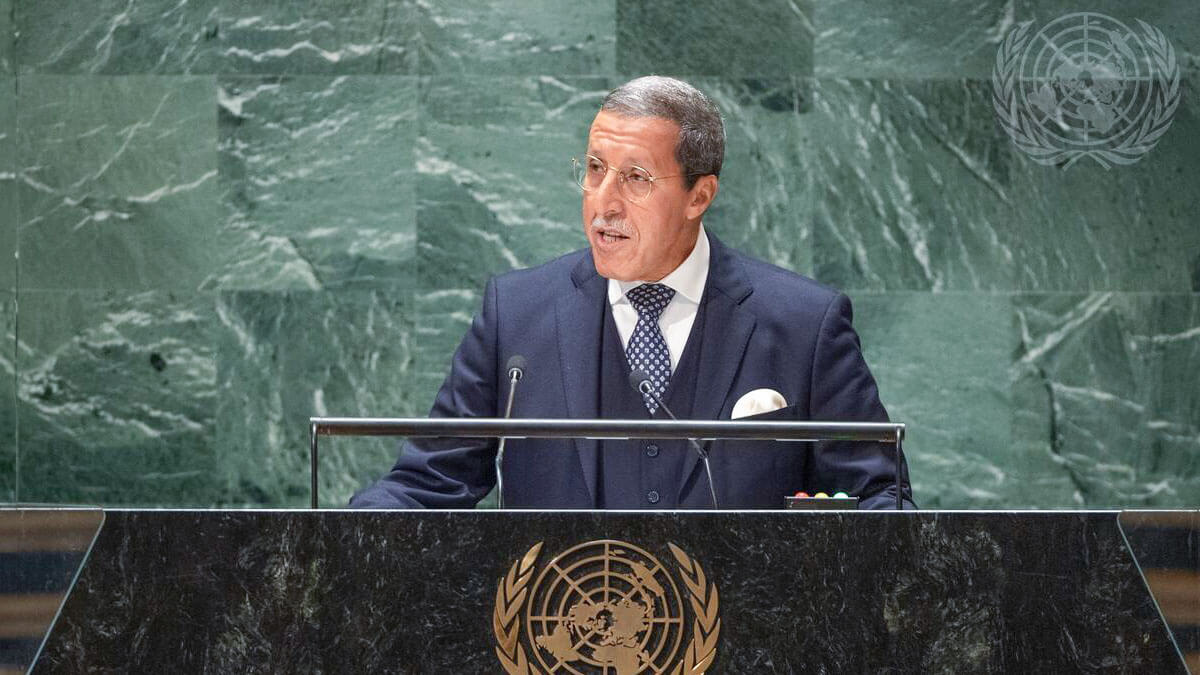
At the end of January, Omar Hilale, Morocco's Permanent Representative to the United Nations in New York, was elected Vice-President of the UN Peacebuilding Commission for 2025. Hilale remains Chair of the Peacebuilding Configuration for the Central African Republic, where Rabat has sent more than 12,000 peacekeeping troops over the past decade.
As far as the collective is concerned, Morocco is currently a party to nine of the ten main human rights conventions and completed its fourth Universal Periodic Review in 2022 along with 193 other UN member states.

